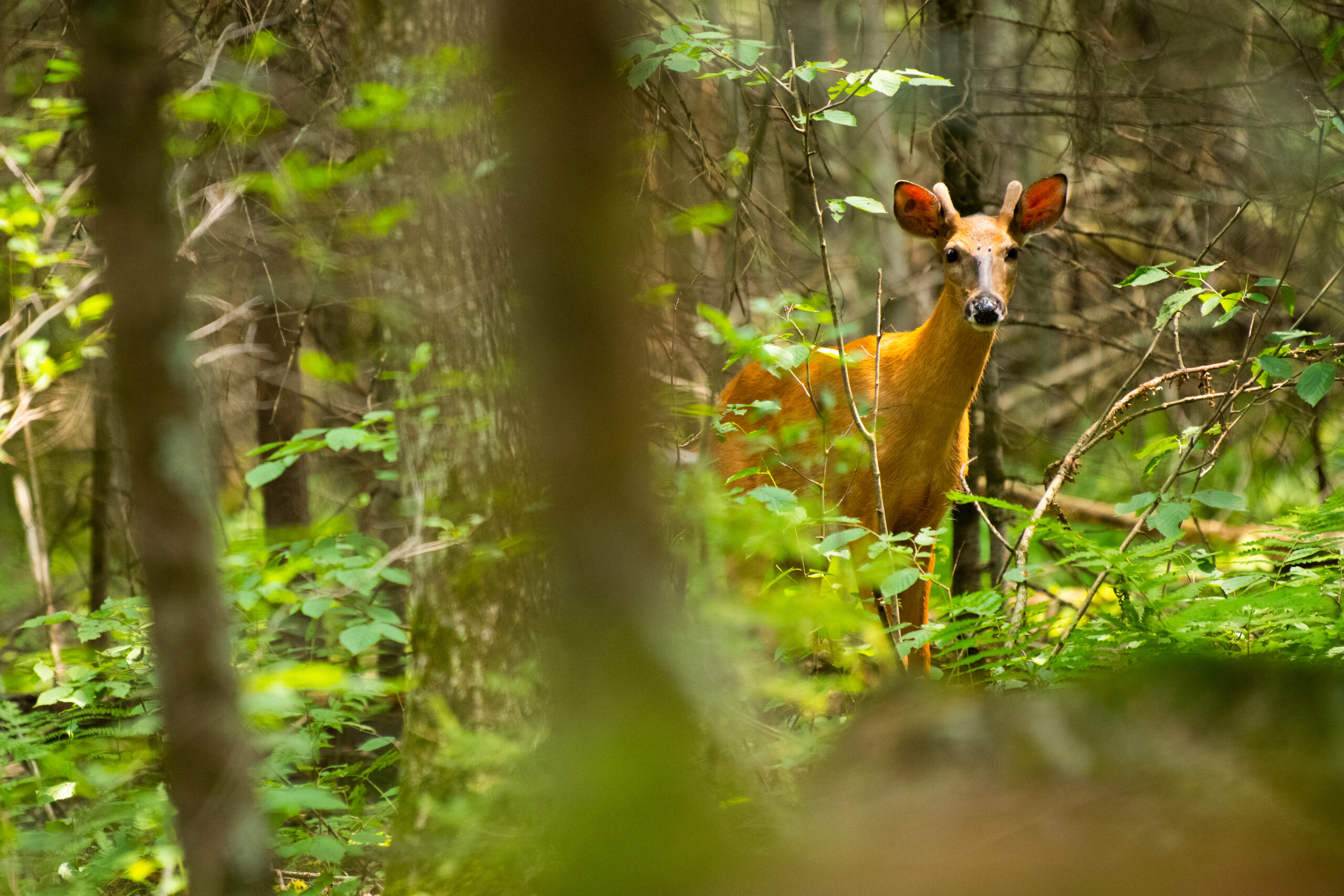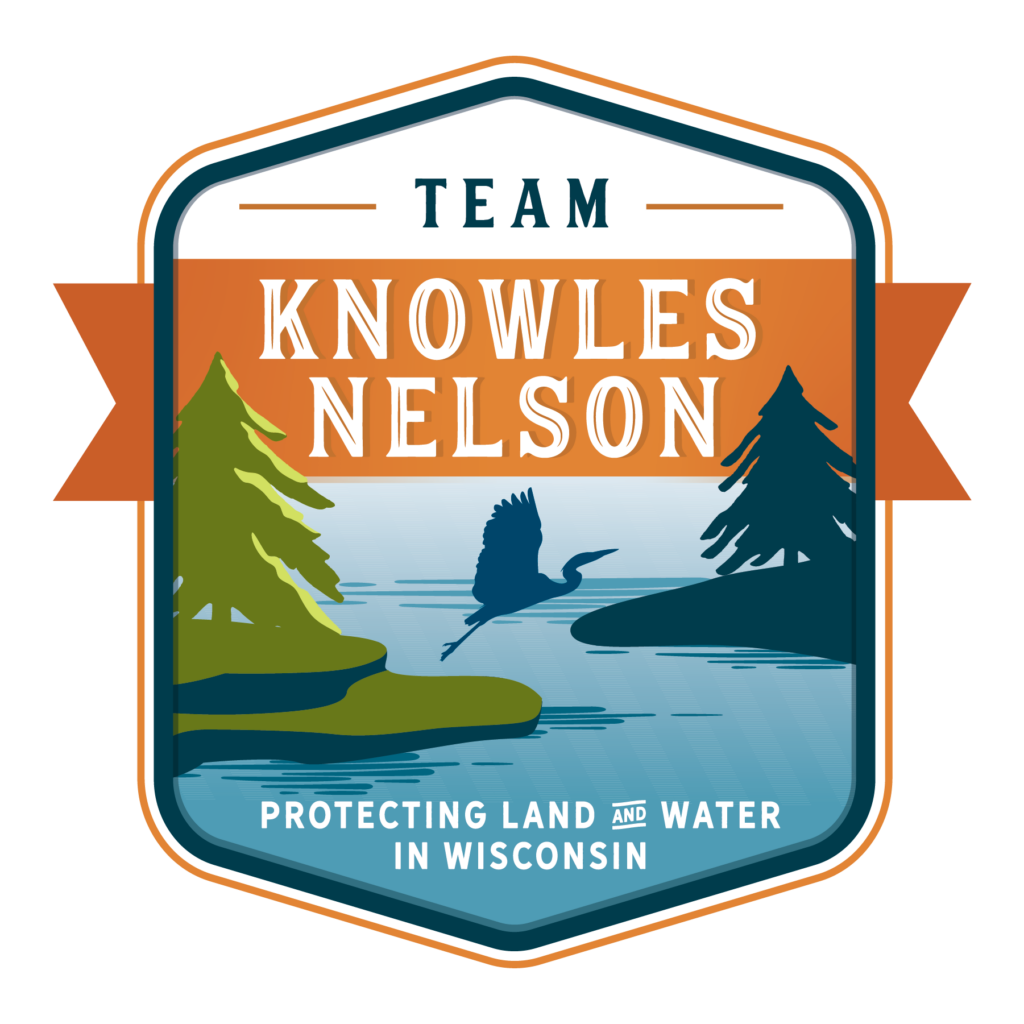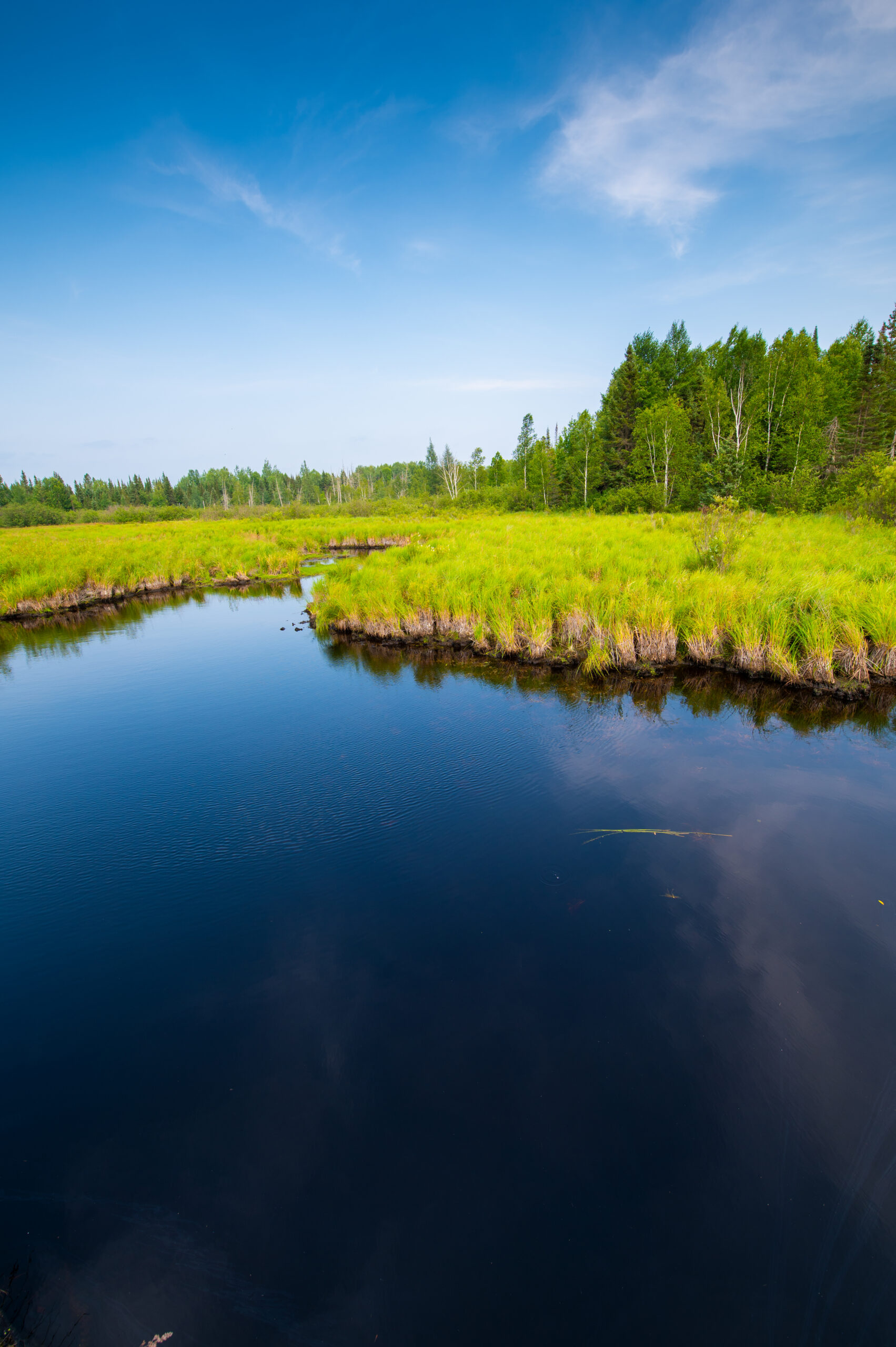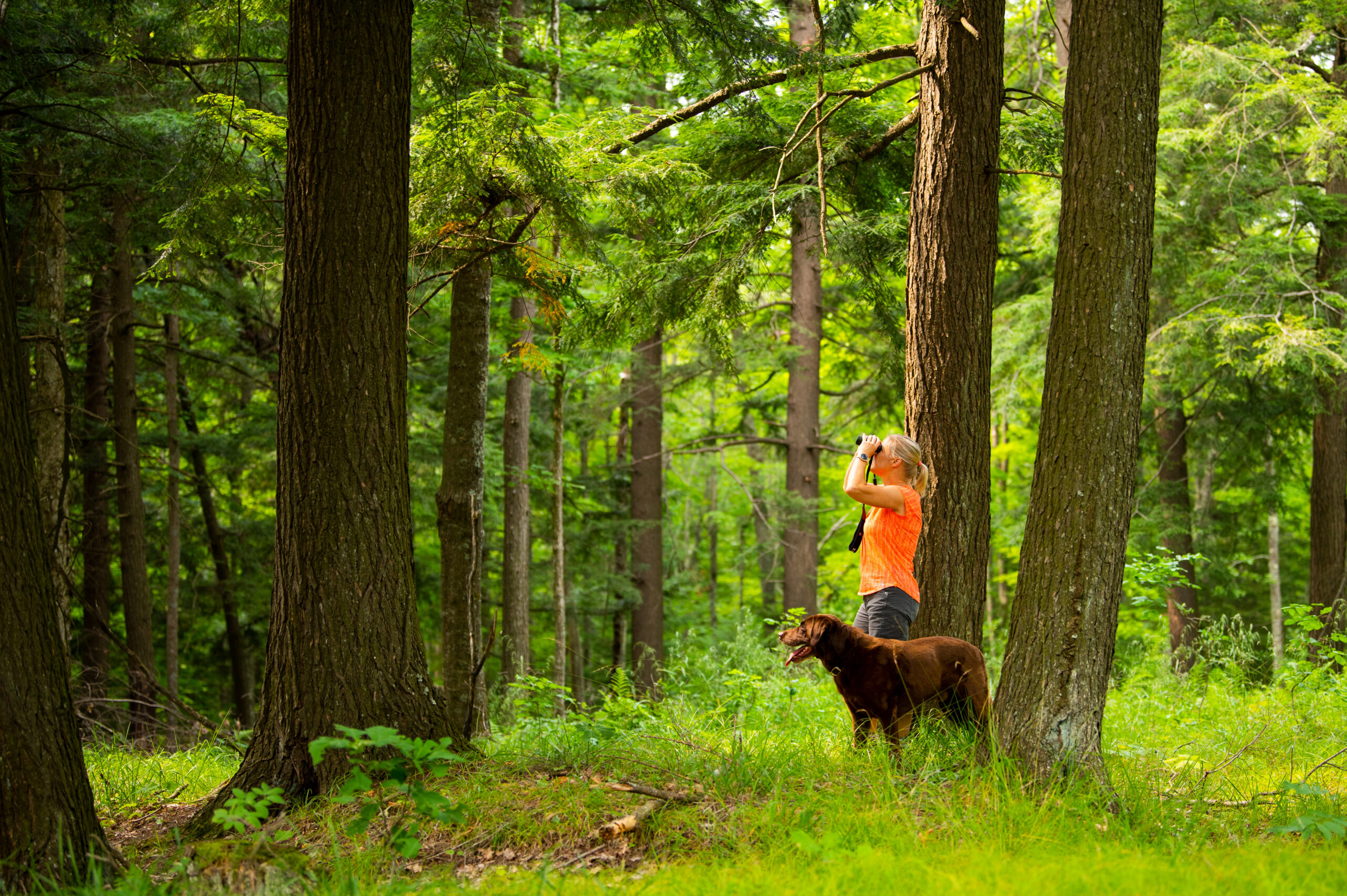Gov. Evers Announces Approval OF Largest Forest Conservation Effort In State History
Land conservation and the protection of Wisconsin’s water and wildlife continue to remain a top priority for the Evers Administration.

Thanks to a heroic effort by volunteers across Northern Wisconsin, the Conservation Fund, the DNR, and the Governor’s team, nearly 70,000 acres of forests and wetlands will remain wild.
On January 23rd, 2024 the Governor announced in his State of the State address that Wisconsin would protect nearly 70,000 acres of forestland. In the Governor’s words, “This is a big deal, folks.”

Protecting the Pelican River Forest was made possible with funding support from the USFS Forest Legacy Program, Wisconsin’s Knowles-Nelson Stewardship Program, National Fish and Wildlife Program via WalMart’s Acres for America Program and other private philanthropic donors. Below are maps showing open roads to help you access the property for outdoor recreation:
The Pelican River Forest is a once-in-a-lifetime opportunity to protect nearly 70,000 acres of working forestland in Oneida, Forest, and Langlade Counties. Have a look at the detailed maps below to see exactly where the land is and details on the roads and trails that will be open as a result of conserving the Pelican River Forest.
The Pelican River Forest straddles the mid-continental divide between the Great Lakes and Mississippi River watersheds. It contains 68 miles of streams and is located in the headwaters of the Wolf and Wisconsin rivers. Conserving the forest protects the water quality of these rivers, safeguarding drinking water for over 40,000 people downstream.
The Pelican River Forest also permanently secures public access to more than 70 miles of recreational roads, whose maintenance will be funded by a private endowment. The roads, which have been closed in recent years, provide access throughout the forest for hunting, fishing, trapping, sightseeing, and more.

Many people know the Pelican River Forest as the former Consolidated Paper lands and have fond memories of hunting the property and driving the Tour Road. Centered in the Town of Monico, this has been a productive forest for many decades. Since Consolidated Paper sold the land it has been owned by a series of investment companies. Those owners did not make it a priority to facilitate public access and have left most of the roads inaccessible, closed with locked gates.
The Pelican River Forest connects the Chequamegon-Nicolet National Forest with Oneida and then Langlade County Forests. Keeping the forest intact makes logging more economical and efficient. Intact forests protect the wildlife that makes our forests special and supports the game species we hunt.
Without permanent protection, the forest could become increasingly fragmented, making it harder to manage for forestry, which supports Wisconsin's $38 billion forest products industry.
The roads may never be reliably open again. It will be more difficult to ensure access for ATV / UTV and snowmobile trails. And it will be less able to support Wisconsin’s water and wildlife.
Pelican River Forest is protected with what is called a working forest conservation easement. An easement adds rules to a property deed, which specify what can and can not be done on a property.
In this case, the easement says that the current and future landowners can NOT: divide the land up into small parcels; clear the forest to make way for buildings; or close the land to the public.
The easement also says that the current and future landowners MUST: keep the land open to the public; maintain more than 70 miles of interior recreational roads so they are passable by a two-wheel drive pickup truck; keep the roads open from June to December; and manage the property for sustainable forestry.
Working forest conservation easements come at a cost because they lower the overall value of the property. Fortunately, there are public programs that support the conservation of private forestlands. In this case, the funding comes from three sources:
The National Fish and Wildlife Foundation made a $600,000 philanthropic gift.
The Federal Forest Legacy Program awarded a grant of $11 million dollars. The money comes from federal offshore drilling fees, not taxes or debt.
Wisconsin’s Knowles-Nelson Stewardship Program will provide the remaining 25% of the funding, $4 million dollars. The Knowles-Nelson Funds come from revenues that the state of Wisconsin has already raised and that the legislature has earmarked for land conservation. The state will not incur any debt as a result of supporting the Pelican River Forest.
No. The land stays in private hands and will continue to be taxed as private land. The project keeps the land on the tax rolls. By supporting outdoor recreation and forestry, the Pelican River Forest supports two of the largest sectors of the Northwoods economy: The $38-billion forest products industry and the $9-billion outdoor recreation industry.
Plus, when we protect nature, nature works for us. Wisconsin's conserved lands provide us more than $2 billion in natural services every year.
See the resources section below for detailed information on land conservation and local government finances.
Sign the petition now to show your support for the Pelican River Forest.
Add your organization or business’ name to the sign on letter calling on local and state leaders to complete the Pelican River Forest. Contact us to add your organization to the letter.
After you sign the petition, send a letter letting the Governor and your legislators know you support Pelican River Forest. Follow the link below to contact your representatives.

Land conservation and the protection of Wisconsin’s water and wildlife continue to remain a top priority for the Evers Administration.
Proposed changes to the Stewardship Program would decrease the Legislature’s power to anonymously halt conservation projects like the Pelican River Forest.

View our resource library for more information on this project, including fact sheets, resolutions, and economic analysis.